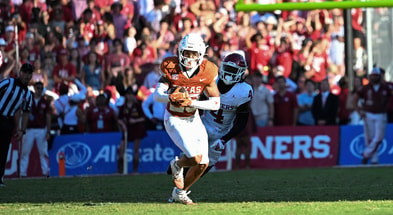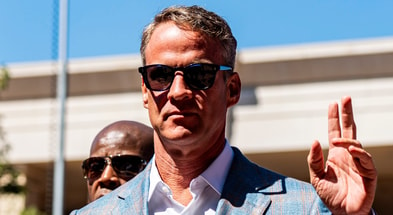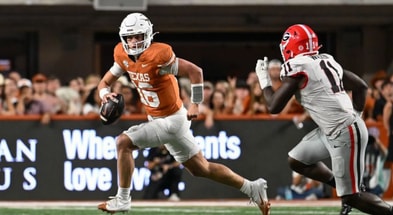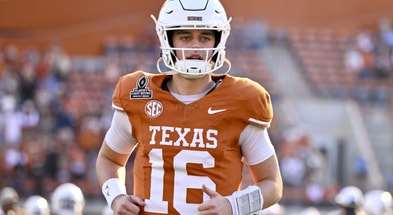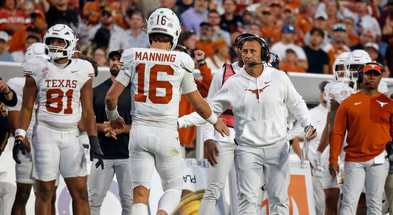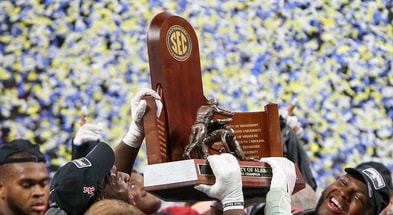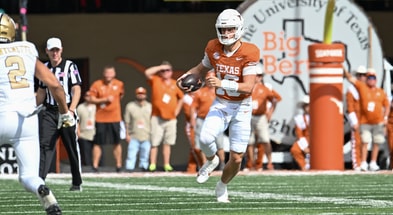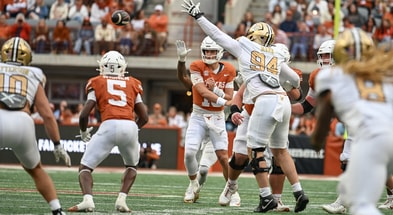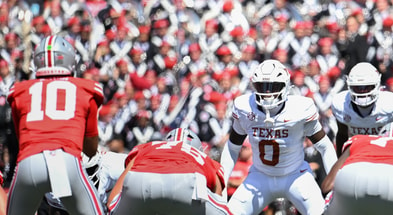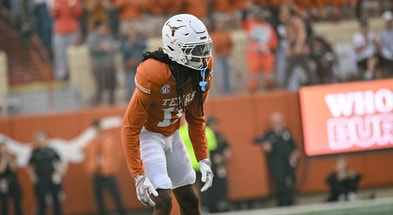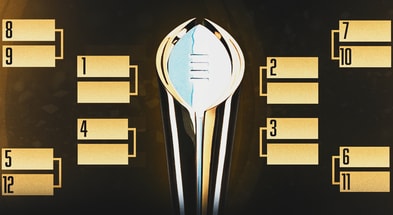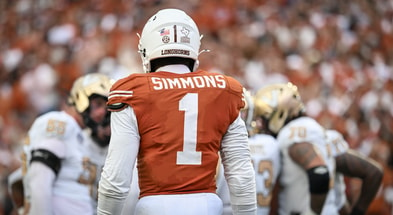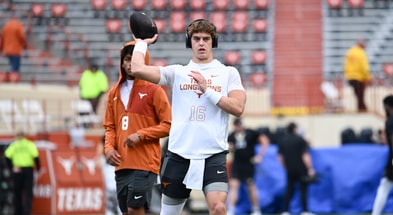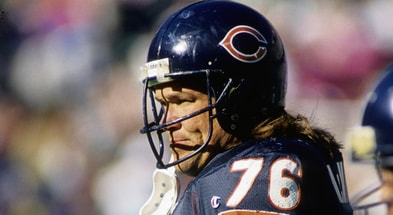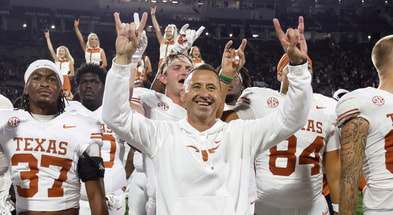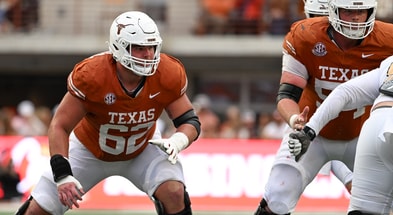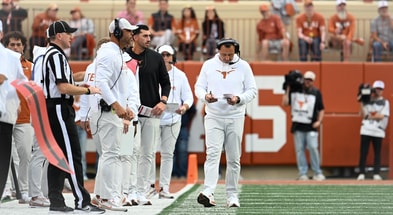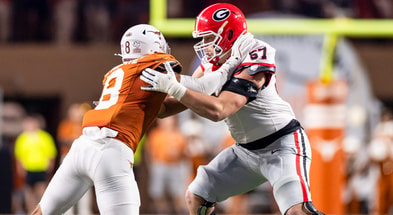The influence of NIL collectives doesn't appear to be going anywhere

The House v. NCAA settlement is confusing. So let me bullet point a few things before getting to the big news reported yesterday by Yahoo’s Ross Dellenger.
[Sign up for Inside Texas for $1 and get PLUS access up to the Ohio State game!]
- House is a person, not the United States House of Representatives. Former Arizona State swimmer Grant House and former TCU/Oregon basketball player Sedona Prince sued the NCAA and the Power Five because the rules and regulations held by those organizations had prevented student-athletes of House’s and Prince’s era from making money off of NIL.
- The class-action settlement was for around $2.8 billion. If the conferences didn’t settle, they would have been on the hook for a sum ten times that total. The settlement allowed student-athletes from 2016 on to receive some back payments. It also permitted schools to share up to $20.5 million in revenue in 2025-26 with student-athletes in their departments. Schools making millions in media rights revenue without having to share it with the student-athletes showcased in that media was a big impetus for the suit.
- Some schools took revenue sharing capabilities as a signal to alter its strategy for third-party “noninstitutional” NIL through collectives. Some schools struggle to come up with championship rosters. Having a sizable portion of a $20.5 million cap go to football direct from the school without having to resort to third-party deals either gets the job done for some programs or is all some school ecosystems care to spend.
- Championship college football rosters cost more than around $14 million, which is about the sum most schools are dedicating toward football via revenue sharing.
- Collectives are a potential option to make up for the limited sum available via direct-from-school revenue sharing. Problem was, the NCAA and the Power Four created an entity called the College Sports Commission. The CSC created an NIL clearinghouse with Deloitte called NILGo, which was designed to approve third-party NIL deals that were 1) of fair market value and 2) for a valid business purpose.
- NILGo denied numerous collective deals.
- About two weeks ago, the attorneys for House, per Yahoo, did this: In a terse, two-page letter sent to NCAA and power conference officials Friday, Jeffrey Kessler, a co-lead House plaintiff attorney along with Steve Berman, requested that the NCAA and conferences “retract” a statement of guidance released Thursday from the College Sports Commission and, presumably, reinstate name, image and likeness deals that the CSC has denied — many of them from booster-backed NIL collectives. In his letter, Kessler describes the guidance as “not consistent” and “undermining” settlement terms, according to a copy of the document Yahoo Sports obtained. The CSC, the new revenue-share enforcement arm policing NIL deals, notified schools Thursday that it was denying dozens of NIL deals for not meeting what it terms a “valid business purpose.” The guidance specifically targeted collectives, entities that for years now have paid millions to athletes through booster donations.
- Yesterday, Yahoo reported a story with this headline: House attorneys, power conferences work out deal to relax NIL collective roadblocks
- The key excerpt from that story is: The change to the valid business purpose standard potentially opens the door for the continuation of school-affiliated, booster-backed collectives to provide athletes with compensation that, if approved by the clearinghouse, does not count against a school’s House settlement revenue-share cap. This provides collectives a path to strike deals with athletes as long as those transactions deliver to the public goods and services for a profit for the organization, such as holding athlete merchandise sales, autograph signings and athlete appearances at, for example, golf tournaments The resolution creates what administrators term more of a “soft cap” as opposed to a hard cap, as SEC commissioner Greg Sankey described it last week in an interview with Yahoo Sports. The expectation is that collectives will create legal ways to provide additional compensation, as Big Ten commissioner Tony Petitti described Monday in an interview with Yahoo Sports from Big Ten media days.
So how does this all come back to Texas? Well, let me just leave you with a quote from Texas One Fund president Patrick “Wheels” Smith from the beginning of July, right when the House era of college athletics began and when CSC and NILGo was seen as a major roadblock for any future collective deals.
“We are fully independent, and we should be because having independence helps Texas as much as it helps us,” Smith said. “We can move, adapt, and change and float whatever necessary.”

